International
Trump threatens to impose tariffs on governments that apply digital fees to US companies
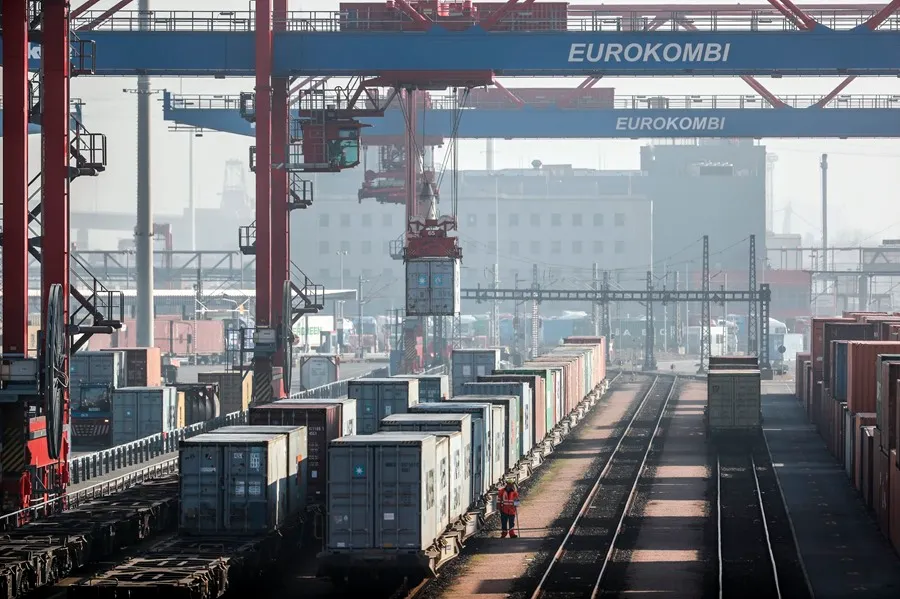
The President of the United States, Donald Trump, signed an executive order on Friday that threatens to impose tariffs on foreign governments that apply digital fees to US companies, including Spain, the United Kingdom and France.
The order states that “foreign governments have exercised a growing extraterritorial authority over US companies, particularly in the technology sector,” and directly cites the taxes on digital services that “several business partners” apply since 2019.
According to the text, the Trump Administration will impose tariffs on those governments that use taxes or regulations that are “discriminatory, disproportionate or designed to transfer significant funds or intellectual property from US companies to that government or its chosen domestic entities.”
Trump delegates to the US Trade Representative the possibility of “renewing investigations” on the so-called technology fees of Spain, the United Kingdom, France, Italy, Austria and Turkey, imposed in the first term of the Republican, and if so, “take all appropriate actions”, which would include the imposition of tariffs.
“US companies will no longer sustain failed foreign economies through fines and extortionational taxes,” says the White House document, which provides for a “process” for them to “report” these “disproportionate” measures to the Commercial Representative.
He also instructs him to investigate together with the Secretaries of the Treasury and Commerce whether in the European Union or the United Kingdom the use of products or services of US companies is “required or encouraged” to “undermine freedom of expression”, political activity or, “otherwise, moderate content”.
It also suggests to the Representative, among other things, to hold “a panel” with its partners of the T-MEC (Canada and Mexico) on the tax on digital services in Canada, and identify ways to achieve a “permanent moratorium on customs duties on electronic transmissions”.
The order does not mention any specific company, but mainly affects large technology companies such as Apple, Google (subsidiary of Alphabet), Meta and Amazon, which have precisely starred in a resounded approach to President Trump since he won the elections in November.
In his first term (2017-2021), Trump ordered to investigate the digital fees to his companies abroad and threatened to apply tariffs to the six countries indicated today; taxes were imposed in the government of his successor, the Democrat Joe Biden, and subsequently suspended.
Trump signed another executive order aimed at restricting access to US technology, especially in the field of artificial intelligence, what he calls “foreign adversaries”, including Cuba, Venezuela, Iran, Russia and China.
The executive order does not specify in detail what measures will be taken to restrict the access of these “foreign adversaries” to US technology.
Under the label of “foreign adversaries”, the order identifies China, Hong Kong, Macau, Cuba, Iran, North Korea, Russia and the “regime of Venezuelan politician Nicolás Maduro”, according to the text.
Trump justifies his decision with the argument that “economic security is national security” and maintains that the country must protect its sensitive infrastructures and technologies, from artificial intelligence to semiconductors and advances in biotechnology.
The executive order focuses especially on China, pointing out that companies linked to Beijing have used investments in the US to access key technologies and that the Chinese government is taking advantage of US technology to modernize its military apparatus.
Since his return to the White House on January 20, Trump has announced several restrictions on trade with the aim of balancing the trade balance and pressuring countries such as Mexico and Canada to make concessions on immigration and efforts against drug trafficking.
It has imposed a 10% tariff on China, which is in addition to the rates already applied during its first term (2017-2021).
Trump’s new restrictions come after his predecessor, Joe Biden, took steps to limit exports of semiconductors and artificial intelligence technology to China, which led Beijing to respond with export controls on graphite, a key material for electric vehicle batteries.
International
MPV Denounces Electoral Blockade as Secretary-General is Disqualified for May Elections
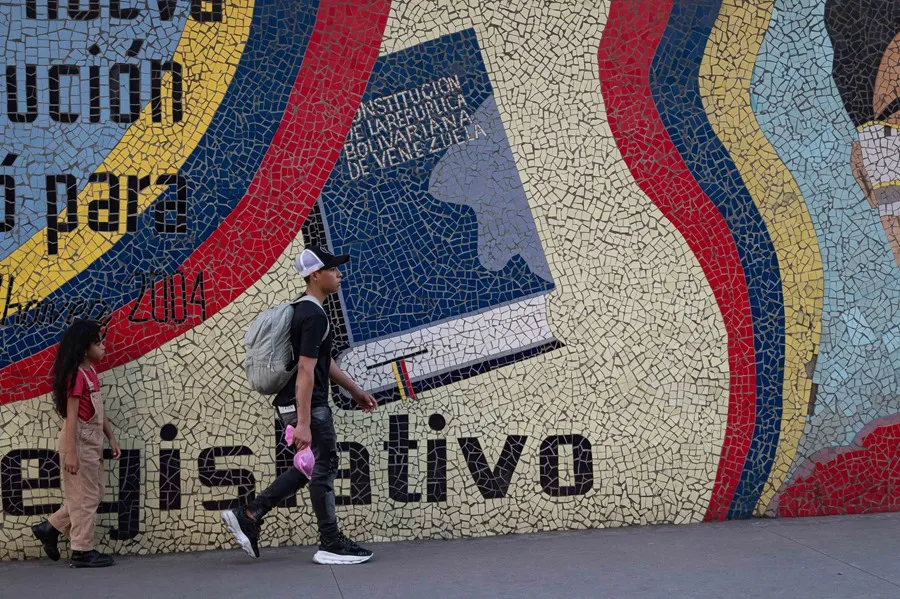
The anti-Chavista party Movement for Venezuela (MPV) denounced on Monday that it was “prevented” from submitting its candidates for the regional and legislative elections on May 25, elections rejected by opposition leaders Edmundo González Urrutia and María Corina Machado.
“MPV, being an active and recognized party in the National Electoral Council (CNE), was prevented from submitting candidates for the current electoral process,” stated the political group through a communiqué on X.
Additionally, the group denounced that its Secretary-General, Simón Calzadilla, was “suddenly disqualified,” as the opposition leader warned last Friday. He also explained that he attempted to access the CNE’s automated candidate submission system but, as he added, the portal showed that he was not authorized to create a user and submit the MPV candidates.
For the party, its “strong decision” to participate in the May elections “highlighted the true nature of this electoral process,” which it described as “extremely flawed.”
International
Maduro Plans Major Workers’ March on May 1st to Defend Venezuela’s Freedom
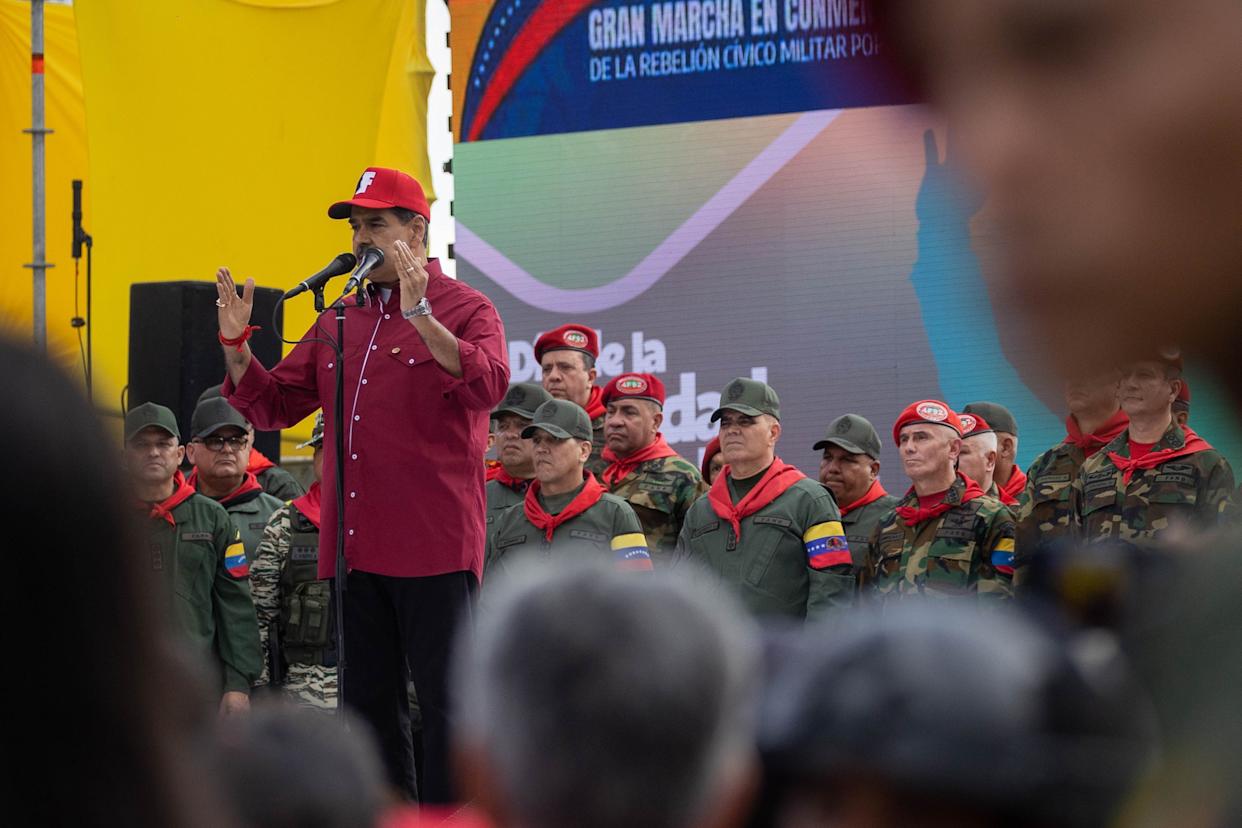
Nicolás Maduro, who swore in for a third term in January following his controversial re-election, called on Monday for the “working class” and the “armed people” to gather for a concentration on May 1st for peace, as part of the celebration of International Workers’ Day.
“Let’s have a powerful march of the working class, the combat bodies, and the Bolivarian National Militia in all the cities of the country, from end to end, working class and armed people in the streets shouting for peace,” said the chavista leader in a broadcast on the state channel Venezolana de Televisión (VTV), surrounded by military authorities.
He also stated that Venezuela is more armed than “ever” to “defend the sacred dream of a free homeland, the sacred soil of a heroic land, Venezuela.”
Maduro called on all military personnel to “stay in shape” with a “deployment capacity” and also to have “a very clear view of the entire national territory.”
International
Venezuela accuses Guyana of “warlike intentions” after UK defense deal
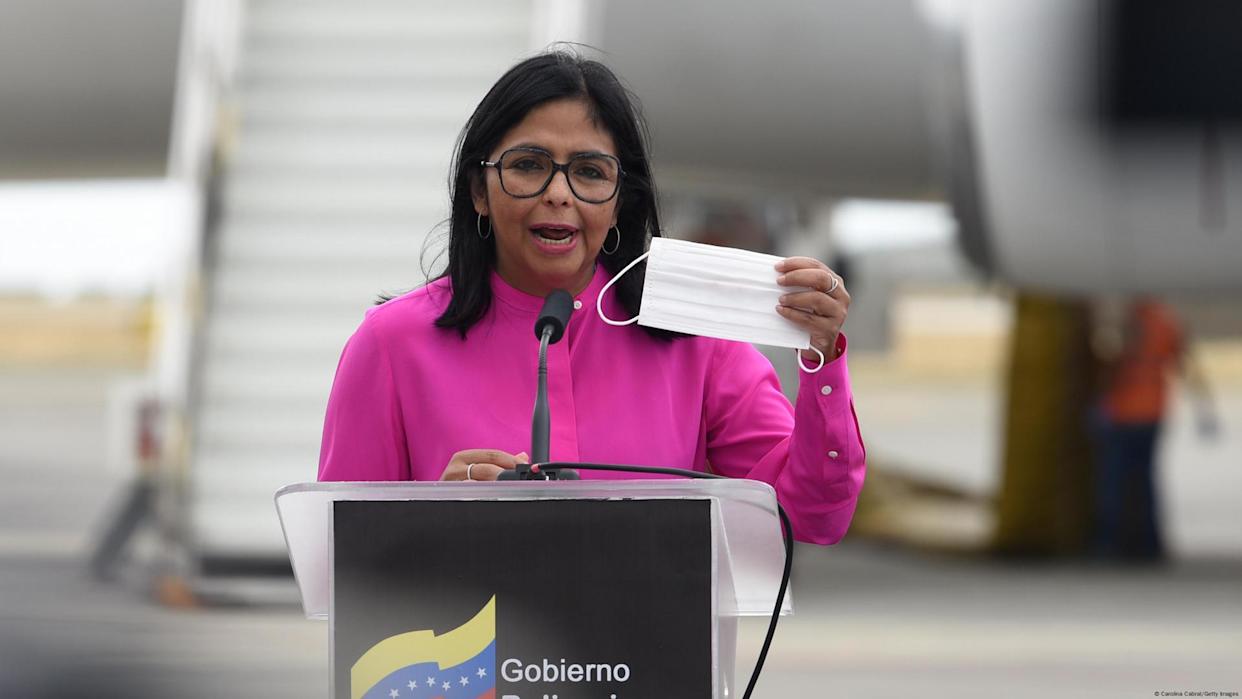
Venezuelan Vice President Delcy Rodríguez denounced what she called “warlike intentions” from Guyana on Saturday (April 12, 2025), following the signing of a Memorandum of Understanding (MoU) between Guyana and the United Kingdom aimed at strengthening bilateral defense cooperation.
“Guyana threatens Venezuela with its founding fathers. The UK and the U.S. are the architects behind the territorial dispossession of our Guayana Esequiba. These are the same actors who forged a fraudulent arbitration award in 1899 to strip Venezuela of its land,” Rodríguez stated via Telegram.
Rodríguez, who also serves as Venezuela’s Minister of Hydrocarbons, warned the region about “these drums of war, in clear violation of the CELAC declaration that recognizes Latin America and the Caribbean as a zone of peace.”
“Venezuela will stand firm in defending its legitimate rights, sovereignty, and territorial integrity in all scenarios,” she added.
-

 International4 days ago
International4 days agoDominican Republic mourns over 200 dead in Jet Set nightclub collapse
-

 Central America4 days ago
Central America4 days agoNicaragua seeks ICJ intervention in Gaza conflict amid escalating violations
-

 Central America4 days ago
Central America4 days agoU.S. Government says deported migrants should remain in El Salvador for life
-

 International4 days ago
International4 days agoTwo fans killed in gate collapse outside Chile’s Estadio Monumental
-
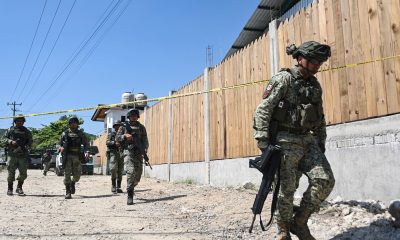
 International2 days ago
International2 days agoTrump Authorizes Military to Take Control of Federal Land Along U.S.-Mexico Border
-

 International4 days ago
International4 days agoItalian biologist found dead in Colombia; investigation underway
-
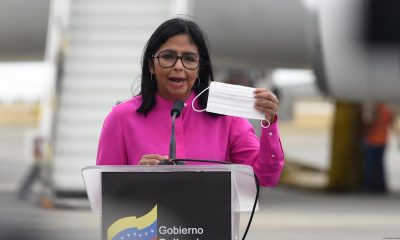
 International2 days ago
International2 days agoVenezuela accuses Guyana of “warlike intentions” after UK defense deal
-

 International2 days ago
International2 days agoNightclub Collapse in Dominican Republic Claims 226 Lives
-

 International4 days ago
International4 days agoMaduro signs Economic Emergency Decree to counter U.S. sanctions on Venezuela
-

 Central America2 days ago
Central America2 days agoSpanish Ex-Congresswoman Calls for ‘Bukele-Style’ Security Policies in Europe
-

 International4 days ago
International4 days agoVenezuelan oil shipments resume after tariff-induced delays
-
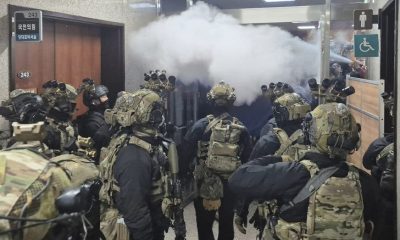
 International4 days ago
International4 days agoConstitutional Court Removes Yoon: Lee Jae-myung’s Rise Sparks Warnings of a Radical Shift
-

 Central America3 hours ago
Central America3 hours agoHonduran Police Offer $135K for Tips Leading to the Arrest of Romeo Vásquez
-

 International3 hours ago
International3 hours agoMaduro Plans Major Workers’ March on May 1st to Defend Venezuela’s Freedom
-

 International3 hours ago
International3 hours agoMPV Denounces Electoral Blockade as Secretary-General is Disqualified for May Elections















